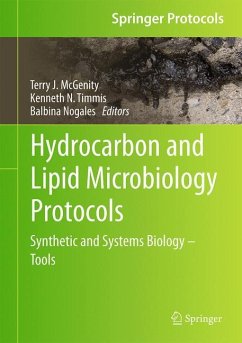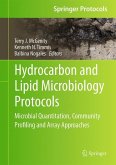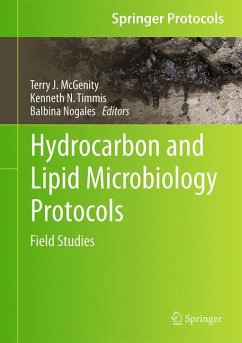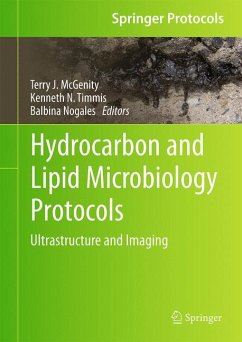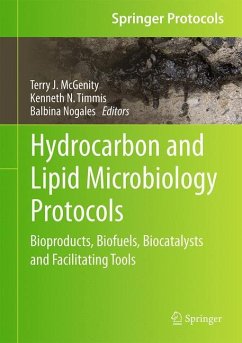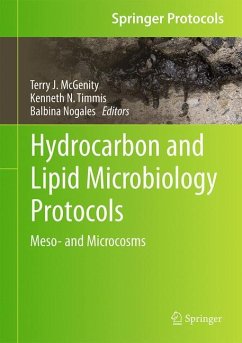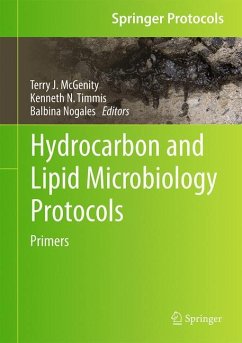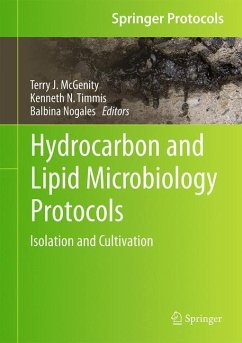This Volume presents generic protocols for wet experimental and computer-based systems and synthetic biology approaches relevant to the field of hydrocarbon and lipid microbiology. It complements a second Volume that describes protocols for systems and synthetic biology applications. The wet experimental tools presented in this Volume include protocols for the standardisation of transcriptional measurements, application of uracil excision-based DNA editing for, inter alia, multi-gene assembly, the use of fluxomics to optimise "reducing power availability", and the incorporation of non-canonical amino acids into proteins for optimisation of activities. Phenome-ing microbes, using a combination of RNA-seq and bioinformatic algorithms, is presented, as is an illustration, using methylotrophs as an example, of how the different key omics approaches constitute a pipeline for functional analysis, acquisition of a systems overview, and metabolic optimisation. Complementary computationaltools that are presented include protocols for probing the genome architecture of regulatory networks, genome-scale metabolic reconstruction, and bioinformatic approaches to guide metabolic engineering. The Volume also includes an overview of how synthetic biology approaches can be used to improve biocontainment. Hydrocarbon and Lipid Microbiology ProtocolsThere are tens of thousands of structurally different hydrocarbons, hydrocarbon derivatives and lipids, and a wide array of these molecules are required for cells to function. The global hydrocarbon cycle, which is largely driven by microorganisms, has a major impact on our environment and climate. Microbes are responsible for cleaning up the environmental pollution caused by the exploitation of hydrocarbon reservoirs and will also be pivotal in reducing our reliance on fossil fuels by providing biofuels, plastics and industrial chemicals. Gaining an understanding of the relevant functions of the wide range of microbes that produce, consume and modify hydrocarbons and related compounds will be key to responding to these challenges. This comprehensive collection of current and emerging protocols will facilitate acquisition of this understanding and exploitation of useful activities of such microbes.
Bitte wählen Sie Ihr Anliegen aus.
Rechnungen
Retourenschein anfordern
Bestellstatus
Storno

